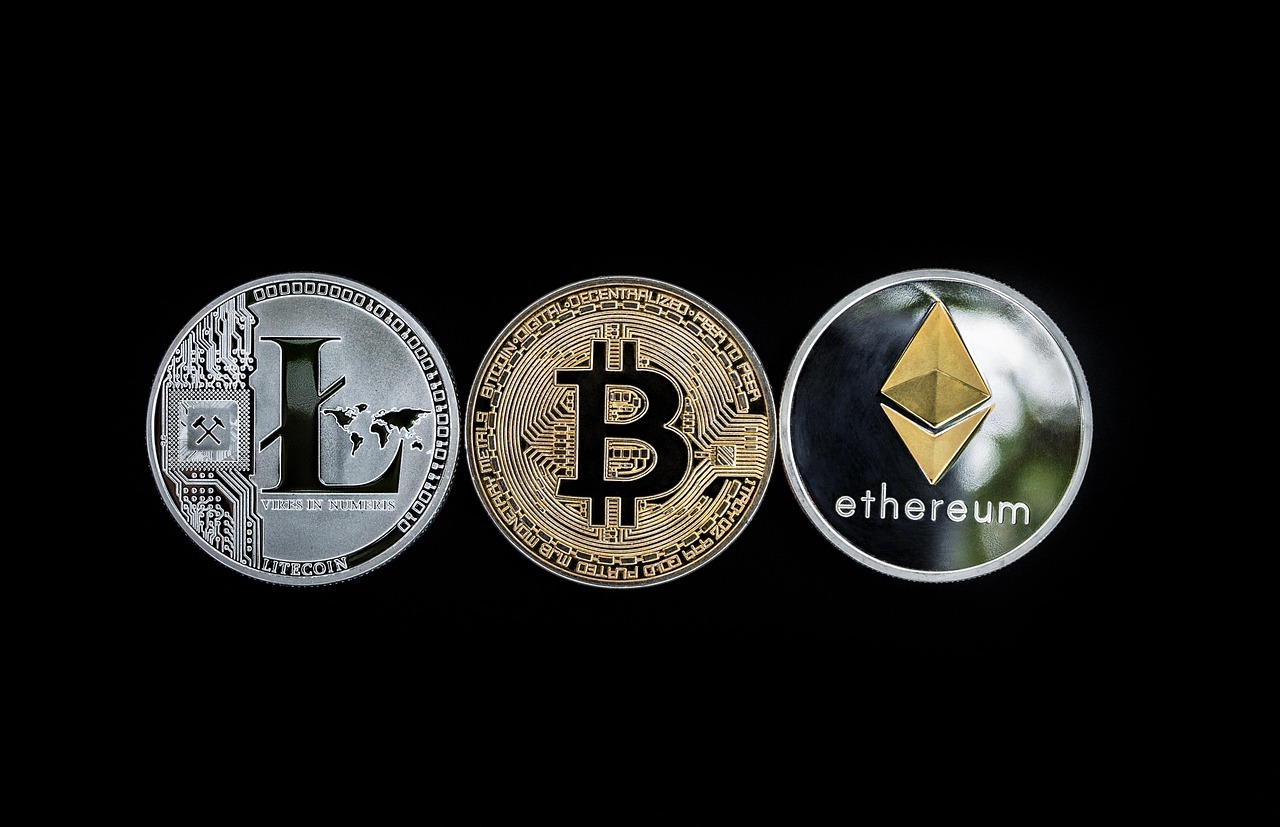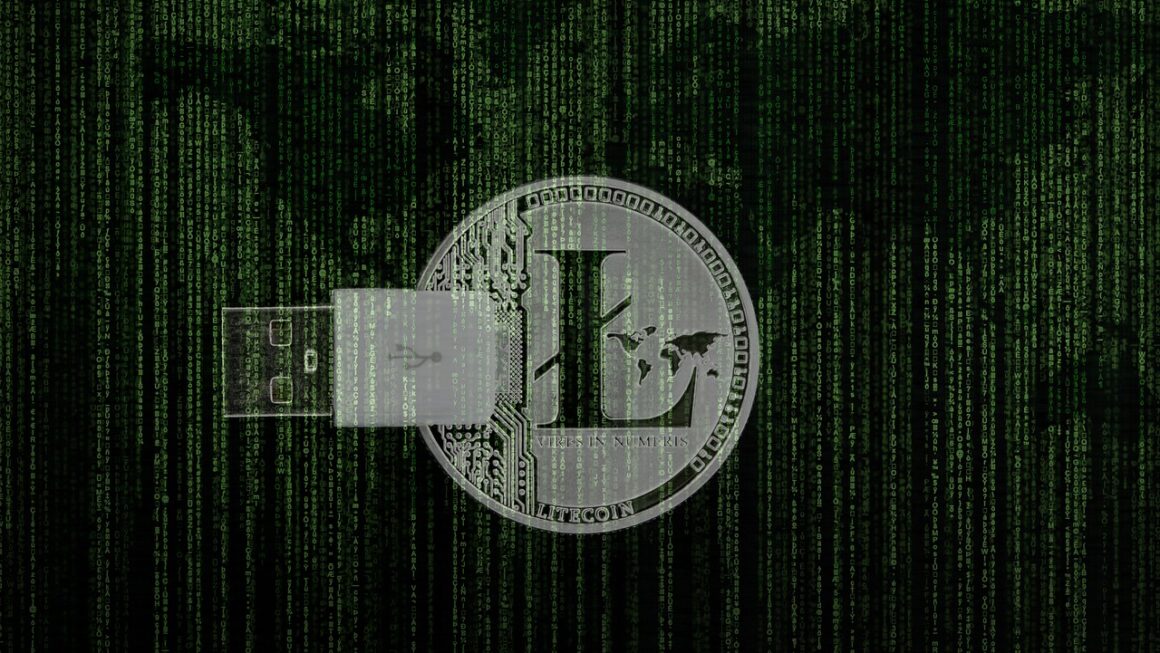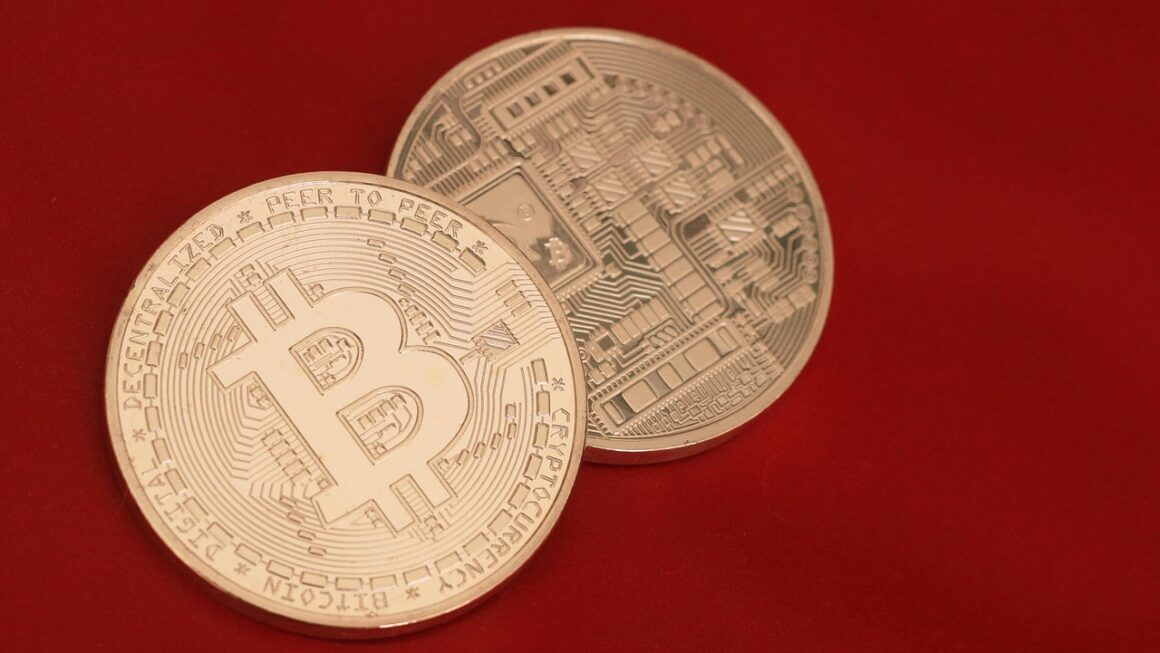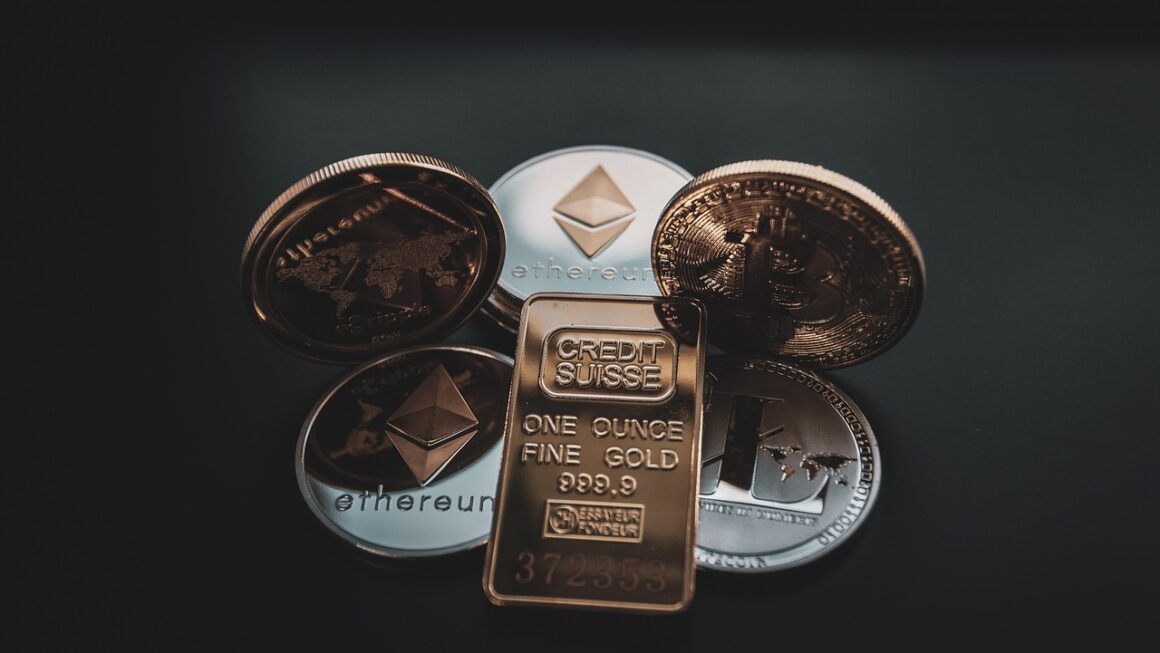Navigating the world of cryptocurrency can be daunting, especially when you venture beyond Bitcoin and into the vast landscape of altcoins. While Bitcoin wallets are fairly commonplace, choosing the right wallet for your alternative cryptocurrencies is critical for security and accessibility. This guide will explore the best altcoin wallets available, helping you make an informed decision to safeguard your digital assets.
Understanding Altcoins and Their Wallets
What are Altcoins?
Altcoins, short for “alternative coins,” are any cryptocurrencies that are not Bitcoin. They were created after Bitcoin and often aim to improve upon its design or offer new functionalities. Examples include Ethereum (ETH), Litecoin (LTC), Ripple (XRP), and Cardano (ADA). The variety of altcoins is vast, each with its own specific use cases and underlying technology.
Why Use a Dedicated Altcoin Wallet?
Using a dedicated altcoin wallet offers several advantages:
- Enhanced Security: Storing altcoins in a dedicated wallet reduces the risk of losing them due to vulnerabilities in wallets primarily designed for Bitcoin.
- Specific Support: Altcoin wallets are built to support the specific features and protocols of each altcoin, ensuring compatibility and functionality.
- Better Management: Managing different types of cryptocurrencies separately allows for better organization and easier tracking of your portfolio.
- Access to New Features: Some altcoins offer unique features like staking or governance, which are only accessible through dedicated wallets. For example, staking Cardano (ADA) requires a wallet like Daedalus or Yoroi.
- Reduced Risk: Using a wallet specifically designed for an altcoin reduces the risk of accidentally sending it to an incompatible address.
Types of Altcoin Wallets
Understanding the different types of wallets is essential for choosing the right one for your needs. Altcoin wallets come in various forms, each with its own trade-offs in terms of security, convenience, and accessibility.
- Hardware Wallets: These are physical devices that store your private keys offline, offering the highest level of security. Examples include Ledger Nano S Plus and Trezor Model T.
- Software Wallets: These are applications installed on your computer or mobile device. They are convenient but generally less secure than hardware wallets. Examples include Electrum (for various altcoins) and Exodus.
- Web Wallets: These are accessible through a web browser, offering convenience but posing security risks if the platform is compromised. Examples include MyEtherWallet (for Ethereum and ERC-20 tokens).
- Mobile Wallets: Optimized for smartphones, mobile wallets allow you to manage your altcoins on the go. Examples include Trust Wallet and Coinomi.
- Paper Wallets: These involve printing your private keys and public addresses on a piece of paper, offering a cold storage solution. However, they require careful handling and are prone to physical damage or loss.
Choosing the Right Altcoin Wallet
Factors to Consider
Selecting the appropriate altcoin wallet involves evaluating several factors to ensure it aligns with your needs and preferences.
- Security: Prioritize wallets with strong security features, such as two-factor authentication (2FA), encryption, and cold storage options.
- Supported Altcoins: Ensure the wallet supports the specific altcoins you intend to store. Some wallets support a wide range of altcoins, while others are designed for specific ones.
- User Interface: Opt for a wallet with an intuitive and user-friendly interface, especially if you are new to cryptocurrency.
- Backup and Recovery: Verify the wallet offers reliable backup and recovery options, such as seed phrases or private key exports, in case of device loss or failure.
- Community and Support: Choose a wallet with a strong community and readily available support channels, such as forums, documentation, or customer service.
- Fees: Consider any transaction fees associated with using the wallet, especially if you plan to frequently send or receive altcoins. Some wallets offer customizable fee options.
- Compatibility: Check if the wallet is compatible with your operating system (Windows, macOS, Linux, iOS, Android) and devices (desktop, mobile, hardware).
Examples of Popular Altcoin Wallets
- Ledger Nano S Plus/X: Hardware wallets supporting a wide range of altcoins, including Ethereum, Litecoin, and Cardano.
- Trezor Model T: A hardware wallet with a touchscreen interface, offering advanced security features and support for numerous altcoins.
- Exodus: A software wallet with a user-friendly interface and support for over 260 cryptocurrencies.
- Trust Wallet: A mobile wallet owned by Binance, supporting a wide range of altcoins and offering features like staking and decentralized app (DApp) access.
- Electrum: A lightweight software wallet that supports various altcoins through plugins and offers advanced security features.
- Coinomi: A multi-coin wallet supporting a vast array of altcoins, allowing you to manage your entire portfolio in one place.
Practical Example: Securing Ethereum and ERC-20 Tokens
Let’s say you hold Ethereum (ETH) and several ERC-20 tokens like Chainlink (LINK) and Uniswap (UNI). You could use a hardware wallet like Ledger or Trezor to store these assets offline. Alternatively, you might choose a software wallet like MetaMask or MyEtherWallet, ensuring you enable 2FA and regularly update the wallet software. It’s crucial to always store your seed phrase in a secure location, preferably offline.
Security Best Practices for Altcoin Wallets
Protecting Your Private Keys
Your private key is the most critical piece of information for accessing your altcoins. It’s essentially the password to your digital assets.
- Keep it Secret: Never share your private key with anyone. Treat it like a highly confidential password.
- Store it Securely: Store your private key offline in a secure location, such as a hardware wallet or a password-protected encrypted file.
- Backup Your Key: Create multiple backups of your private key and store them in different secure locations.
- Be Cautious of Phishing: Be wary of phishing attempts that try to trick you into revealing your private key. Always verify the authenticity of websites and emails before entering any sensitive information.
Implementing Two-Factor Authentication (2FA)
Two-factor authentication adds an extra layer of security to your altcoin wallet by requiring a second verification method in addition to your password.
- Enable 2FA: Activate 2FA whenever it is available for your wallet. This typically involves using an authenticator app like Google Authenticator or Authy.
- Use a Strong Password: Choose a strong, unique password for your wallet and avoid reusing passwords from other accounts.
- Regularly Update Your Password: Change your password periodically to further enhance security.
- Avoid SMS-Based 2FA: Consider using app-based 2FA instead of SMS-based 2FA, as SMS messages can be intercepted.
Keeping Your Software Updated
Regularly updating your altcoin wallet software is crucial for patching security vulnerabilities and ensuring compatibility with the latest features and protocols.
- Enable Automatic Updates: If possible, enable automatic updates for your wallet software to ensure you are always running the latest version.
- Manually Check for Updates: Regularly check for updates manually if automatic updates are not available.
- Verify Update Source: Download updates only from the official website or app store of the wallet provider to avoid malware or phishing attempts.
Cold Storage for Long-Term Holdings
If you plan to hold altcoins for the long term, consider using cold storage to minimize the risk of online attacks.
- Hardware Wallets: Hardware wallets are a popular cold storage option, as they store your private keys offline and require physical access to authorize transactions.
- Paper Wallets: Create a paper wallet by generating your private keys offline and printing them on a piece of paper. Store the paper wallet in a secure location.
- Air-Gapped Computers: Use a dedicated computer that is never connected to the internet for generating and signing transactions. Transfer the signed transactions to an online device for broadcast.
Best Practices for Managing Multiple Altcoins
Portfolio Diversification
Diversifying your altcoin portfolio can help mitigate the risk associated with investing in individual cryptocurrencies.
- Research Different Altcoins: Invest time in researching different altcoins and understanding their use cases, technology, and market potential.
- Allocate Funds Wisely: Allocate your investment funds across multiple altcoins based on your risk tolerance and investment goals.
- Rebalance Periodically: Periodically rebalance your portfolio to maintain your desired asset allocation.
Utilizing Portfolio Trackers
Portfolio trackers can help you monitor the performance of your altcoin investments and make informed decisions.
- Choose a Reliable Tracker: Select a portfolio tracker that supports the altcoins you hold and provides accurate and up-to-date information. Examples include Blockfolio and CoinGecko.
- Track Transactions Accurately: Record all your altcoin transactions accurately, including purchases, sales, and transfers.
- Monitor Performance Regularly: Regularly monitor the performance of your portfolio and adjust your strategy as needed.
Security Considerations for Large Holdings
If you hold a significant amount of altcoins, it’s even more critical to implement robust security measures.
- Multi-Signature Wallets: Consider using multi-signature wallets, which require multiple private keys to authorize transactions, adding an extra layer of security.
- Hardware Wallet Combinations: Combine multiple hardware wallets for added redundancy and security.
- Professional Custody Services: For very large holdings, consider using professional cryptocurrency custody services that offer advanced security measures like cold storage and institutional-grade protection.
Conclusion
Choosing the right altcoin wallet is crucial for securing and managing your digital assets. By understanding the different types of wallets, considering factors like security and supported altcoins, and implementing security best practices, you can protect your investments and navigate the altcoin landscape with confidence. Remember to always prioritize security, diversify your portfolio, and stay informed about the latest developments in the cryptocurrency space. Selecting the right wallet is the cornerstone to a successful altcoin journey.




